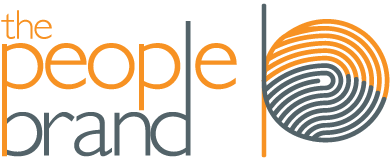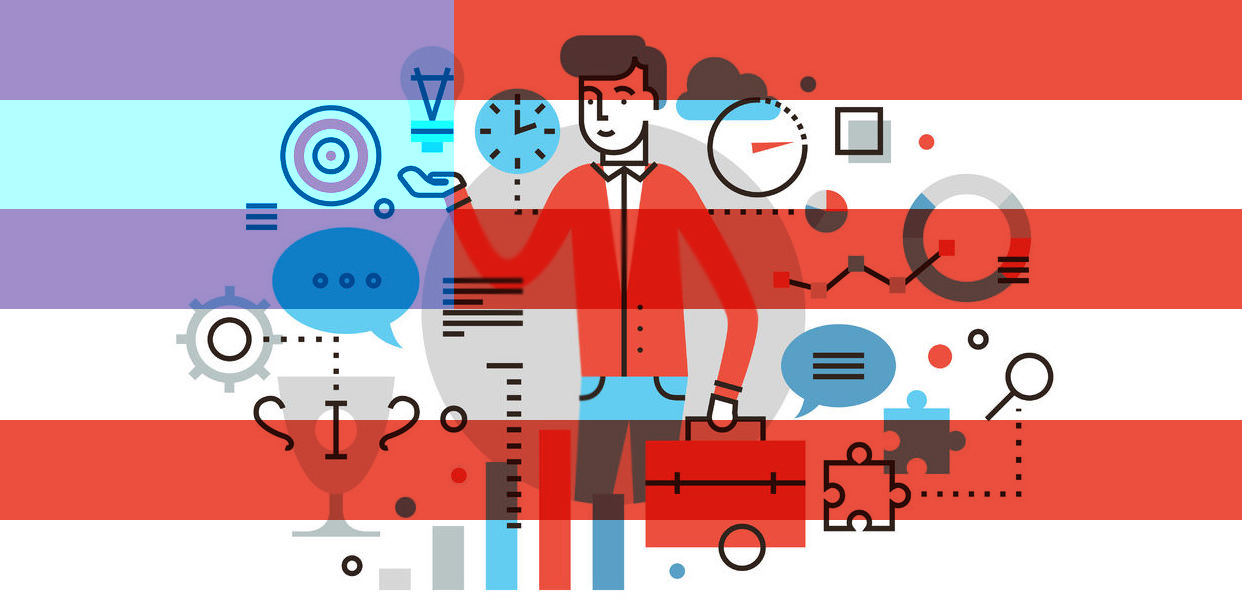There has been talk for many years about the effects of technology on the future of jobs. But will AI and Automation make America happier, or will it lead to a dystopian future?
What impact will technology have on jobs?
A recent Politico article highlights the insights of MIT researcher David Autor as he studies automation and artificial intelligence and their effects on the labor market. Autor’s insights align with other research and predictions I shared in a previous article regarding leadership in 2018. He sees a heightened need for creativity and analytics as AI and automation reduce our need for low skilled labor and basic arithmetic.
At the same time, Autor isn’t pessimistic about the future.
In his TED talk, he points out advances in technology have historically increased the value of contributions that only humans can make.
There’s a general principle here. Most of the work that we do requires a multiplicity of skills, and brains and brawn, technical expertise and intuitive mastery, perspiration and inspiration in the words of Thomas Edison. In general, automating some subset of those tasks doesn’t make the other ones unnecessary. In fact, it makes them more important. It increases their economic value.
He also points out that as technology makes more things easily attainable, our appetites for new products and experiences increase.
As automation frees our time, increases the scope of what is possible, we invent new products, new ideas, new services that command our attention, occupy our time and spur consumption. You may think some of these things are frivolous — extreme yoga, adventure tourism, Pokémon GO — and I might agree with you. But people desire these things, and they’re willing to work hard for them.
What will we do with our “cognitive surplus?”
This reminds me of what Clay Shirky calls “cognitive surplus.” Shirky noticed that technology was giving us a surplus of cognitive power. In his book and TED Talk, he points out that some people have used this surplus to create funny cat videos. While others have used it to create information sharing technology about political oppression and violence at polling locations that has helped track electoral fraud.
What’s going to make the difference here is what Dean Kamen said, the inventor and entrepreneur. Kamen said, “Free cultures get what they celebrate.” We’ve got a choice before us.We’ve got this trillion hours a year. We can use it to crack each other up, and we’re going to do that. That, we get for free. But we can also celebrate and support and reward the people trying to use cognitive surplus to create civic value. And to the degree we’re going to do that, to the degree we’re able to do that, we’ll be able to change society.
What will we do with our financial prosperity?
Both Autor highlights a similar issue created by our technology developments. You may think it focuses on the loss of jobs, but that is only one factor. The bigger challenge that Autor points out is what we as a society choose to do as our workforce becomes polarized “like a barbell with increasing poundage on either end of the bar.”
Some countries have done a much better job at sharing the gains and making sure that everybody’s bought in. Others have been much more social Darwinists about it, and the U.S. is very much at the extreme of that among industrialized economies, of going, ‘rah rah,’ to the winners and ‘too bad for you,’ to the losers. (Is Tech Dividing America?, Politico)
Autor gives an interesting example of how this has played out elsewhere in the past. He compares how two countries both became wealthy with oil, but handled their prosperity very differently. Norway invested in the development of their people and ensured they had opportunities to advance their careers and their quality of life. Saudi Arabia improved the livelihood of those who were already wealthy, but didn’t give their working class a path to advancement. As a result, Norway is consistently ranked as one of the happiest societies on earth, while Saudi Arabia is ranked very low on happiness, especially as such a wealthy nation. America currently ranks near the middle of these two countries.
Who will lead the way to a new America?
This points to the country needing some of the same things that are necessary in the changing workplace… leadership and creativity. As employees need to bring more of their innate creativity to their work and leaders have to be intention in creating the right environments for this creativity, we as a society will need a greater level of creativity and leadership to reshape our markets and our culture to adjust to these changes in our economy.
This means political and corporate leadership will need to collaborate to solve some of the issues we face as it becomes obvious we can’t continue doing “business as usual.” This may indicate that the new healthcare initiative from Warren Buffett (Berkshire Hathaway), Jeff Bezos (Amazon) and Jamie Dimon (JPMorgan Chase) is just the tip of the iceberg.
It also means we all have a role to play in leading the way to a new America. Autor pointed out how America has responded to previous economical revolutions by integrating machinery into farming processes and developing the modern school system. As technology continues to change the landscape of our jobs and careers, we are likely coming to a similar crossroads that will require a sizable investment.
If America is to remain a land of opportunity, we need to be willing to make that investment. In the name of life, liberty and the pursuit of happiness.


